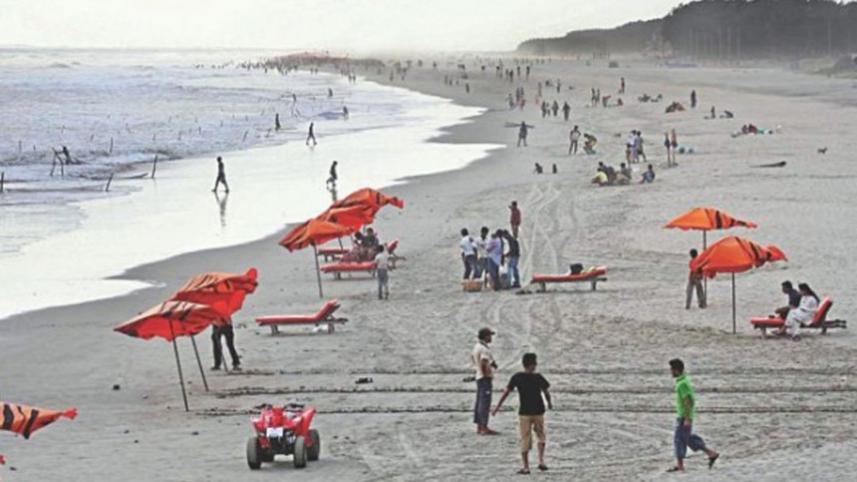Why is the DoE dormant about reducing plastic usage in coastal areas?

It is disheartening that the Department of Environment (DoE) has completely failed to comply with a High Court directive to stop the use of single-use plastic in hotels, motels, and restaurants in the coastal areas. Reportedly, the HC gave the order in January 2020, asking the DoE to put an end to such plastic use by 2021. Already, two years have passed with no visible progress made to contain its use. Moreover, the department is yet to submit a compliance report in this regard to the HC.
What has it done in these two years then? Apparently, it undertook a project to stop the use of throwaway plastics in 12 coastal districts last year, and held one meeting with the hotel-motel owners in Cox's Bazar. That's it. Now, if a government department responsible for saving our environment shows a lacklustre attitude towards such a serious problem, can we blame the owners of the hotels, motels and restaurants for not complying with the order (since using throwaway plastics is convenient for them anyway)?
Environmentalists believe that there is no reason why the DoE cannot do all that is required to stop the use of single-use plastics. With the support of law enforcers, they can easily monitor the situation on the ground and take action against those not complying with the order.
Meanwhile, plastic usage in the country has been increasing at an alarming rate. Bangladesh has already become one of the top plastic polluting countries in the world. According to a 2020 World Bank report, the per capita plastic use in the country has increased to 9kg in 2020 from 3kg in 2005. A majority of the plastics used eventually end up in the oceans, threatening the very existence of marine life. The situation calls for stronger commitment and greater action from the authorities concerned. However, we must also remember that, in order for the hotel, motel and restaurant owners to stop using throwaway plastics, there should be better and sustainable alternatives.
The government has a big role to play here. They need to come forward to support the scientists who have already invented biodegradable alternatives to plastics, such as jute molymer and biodegradable packaging materials from corn, etc. Popularising the use of traditional jute bags can also help beat the use of plastic bags. Needless to say, the DoE has to lead the way. Since they, in cooperation with the World Bank, have prepared a roadmap to stop the use of single-use plastic in our coastal regions, and also undertook a three-year project, they must now focus on implementing their plans and projects and bring us some results.



 For all latest news, follow The Daily Star's Google News channel.
For all latest news, follow The Daily Star's Google News channel.
Comments